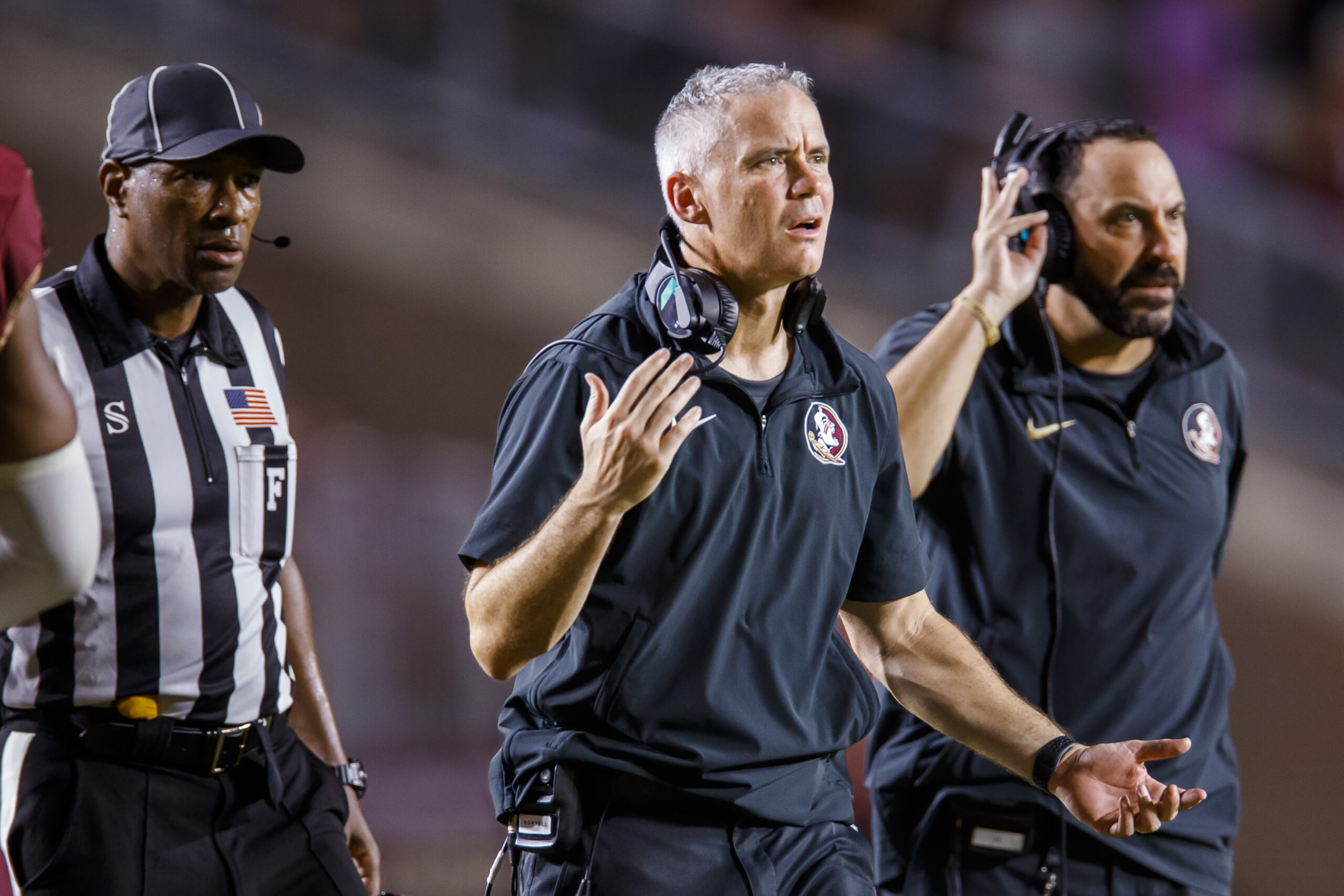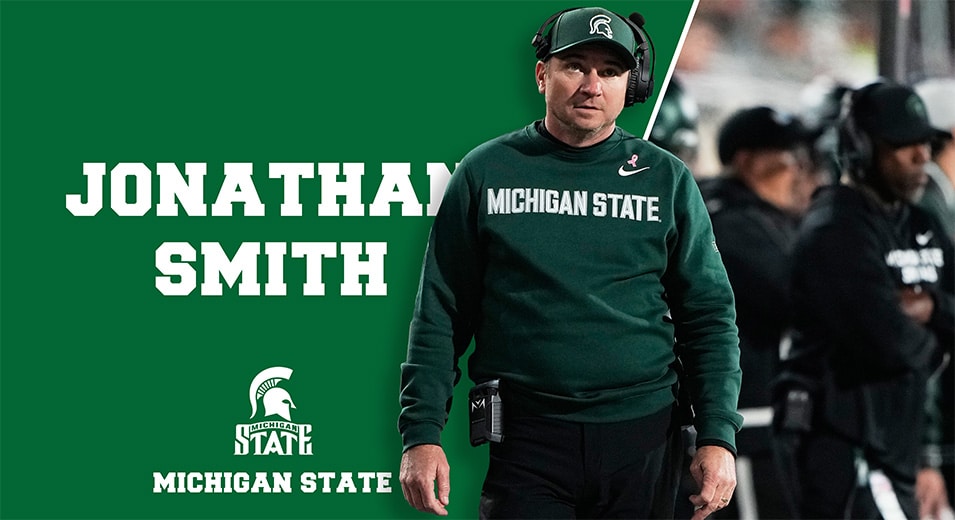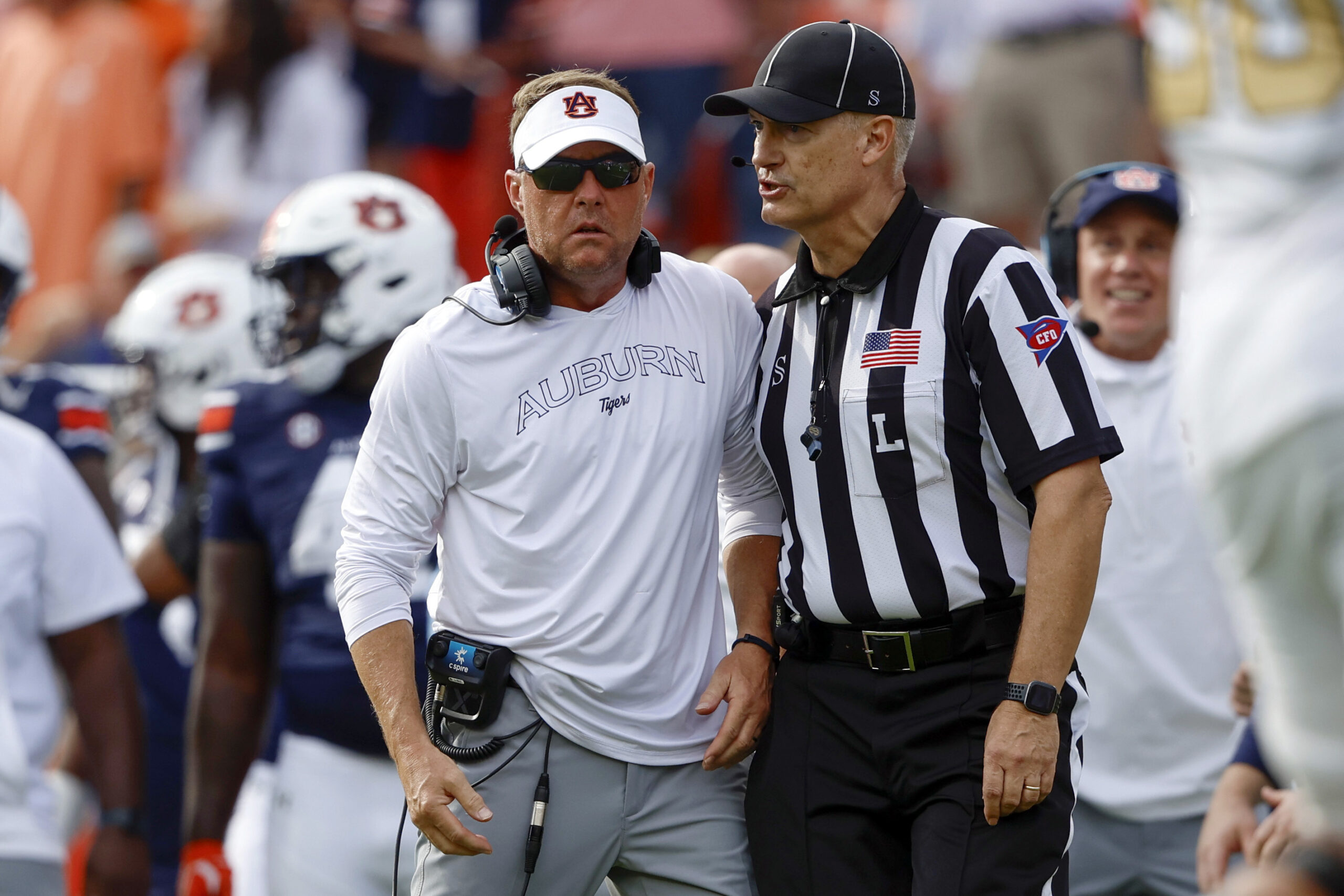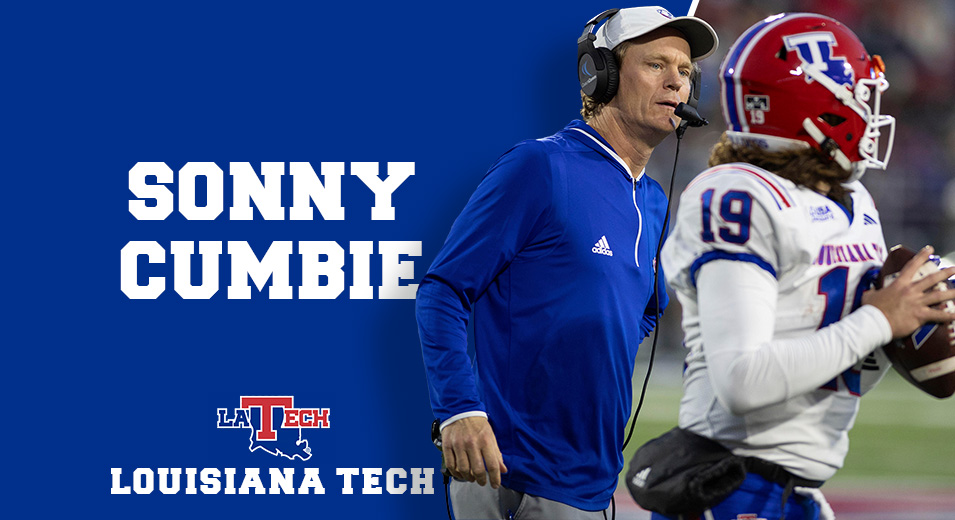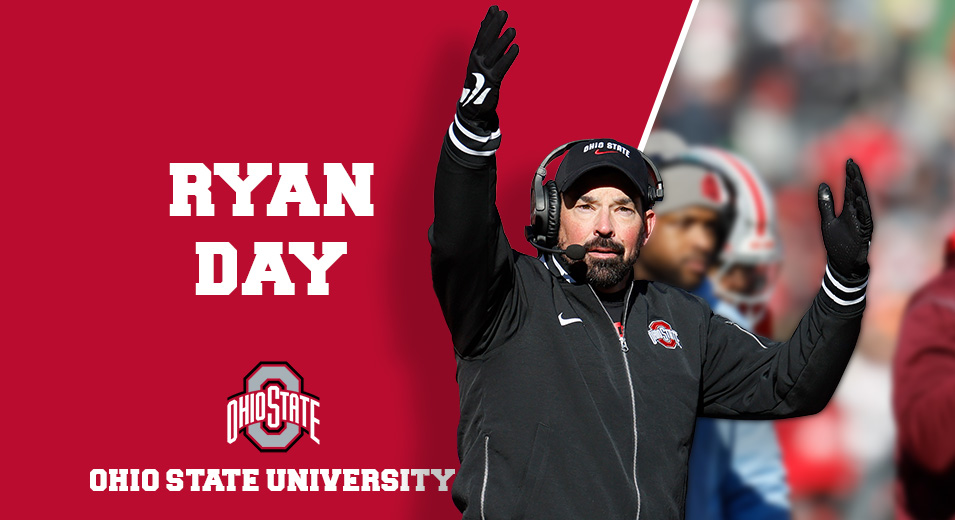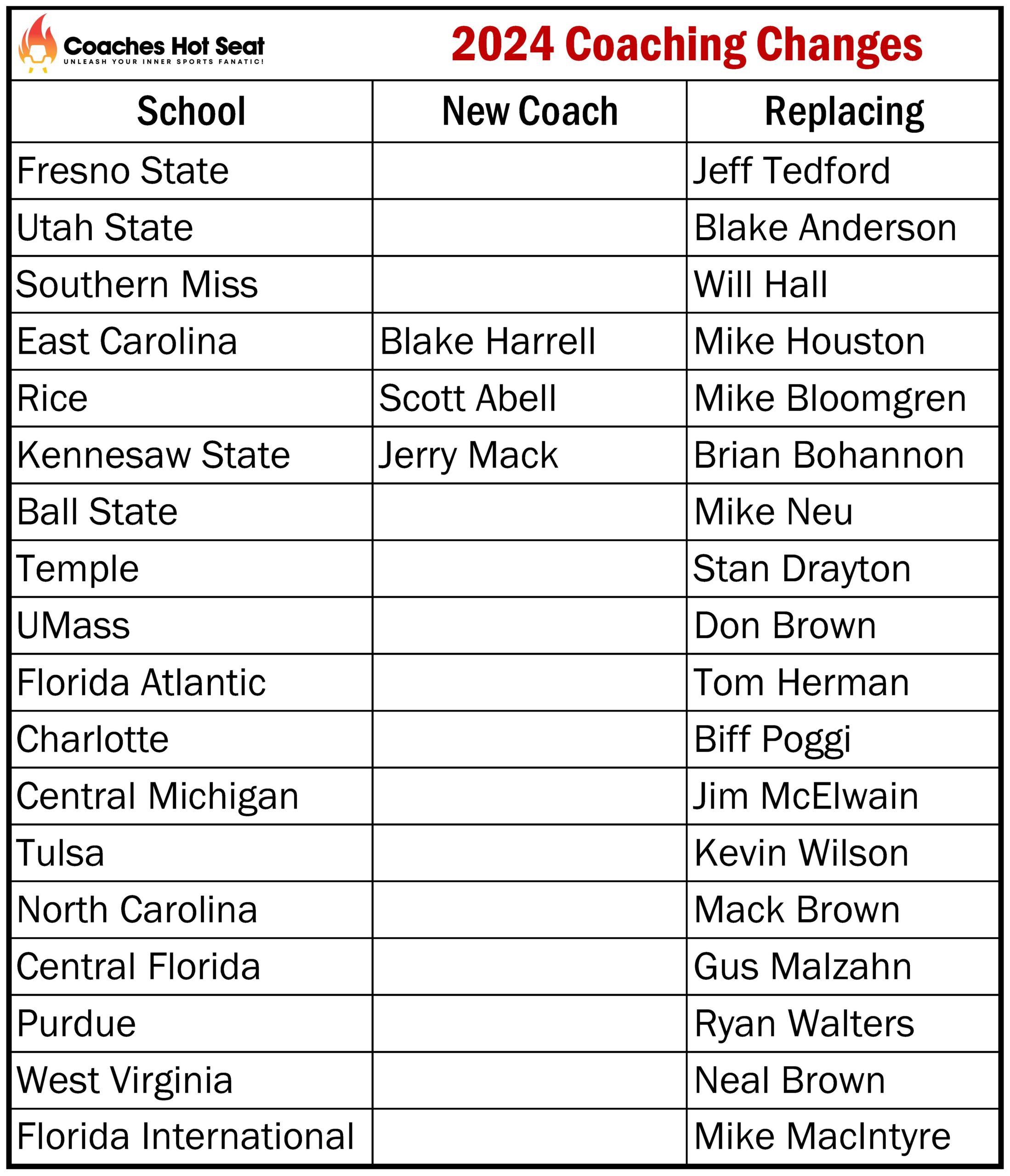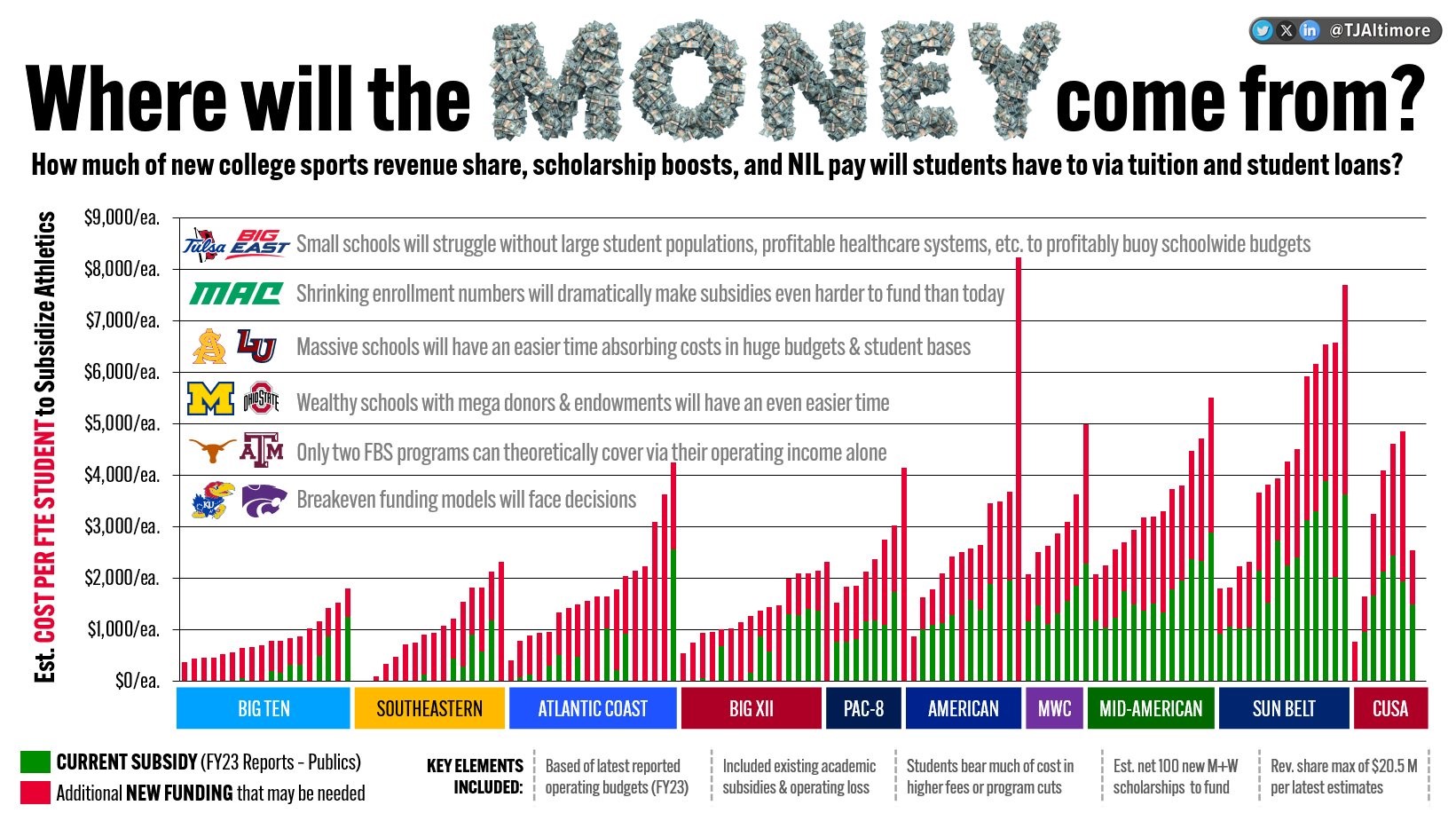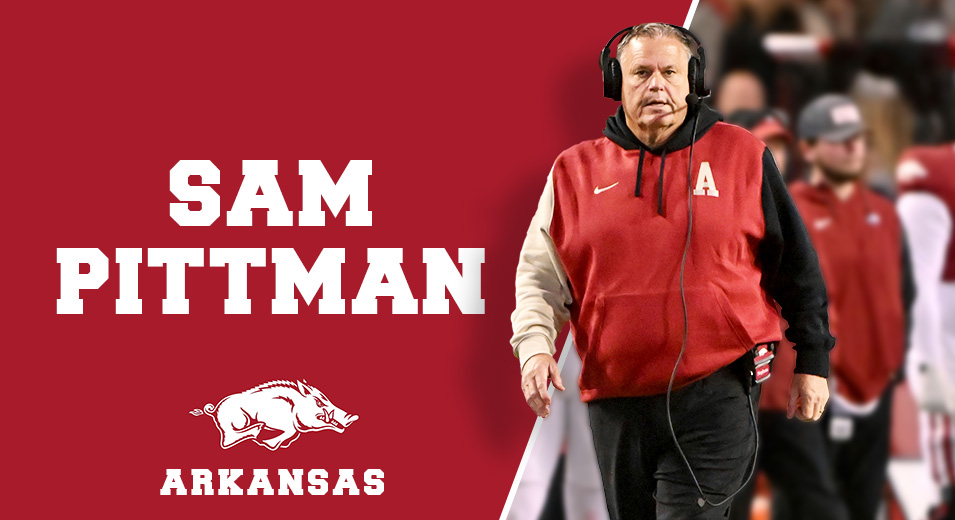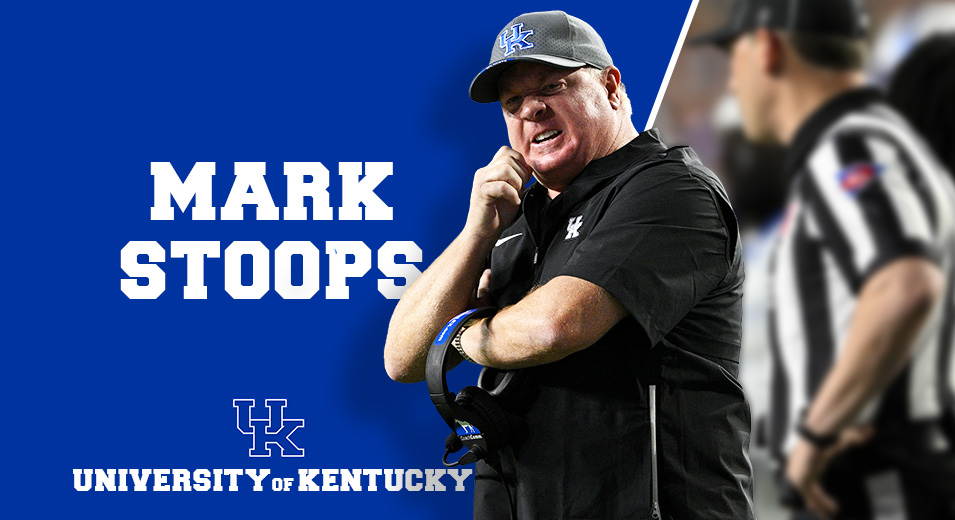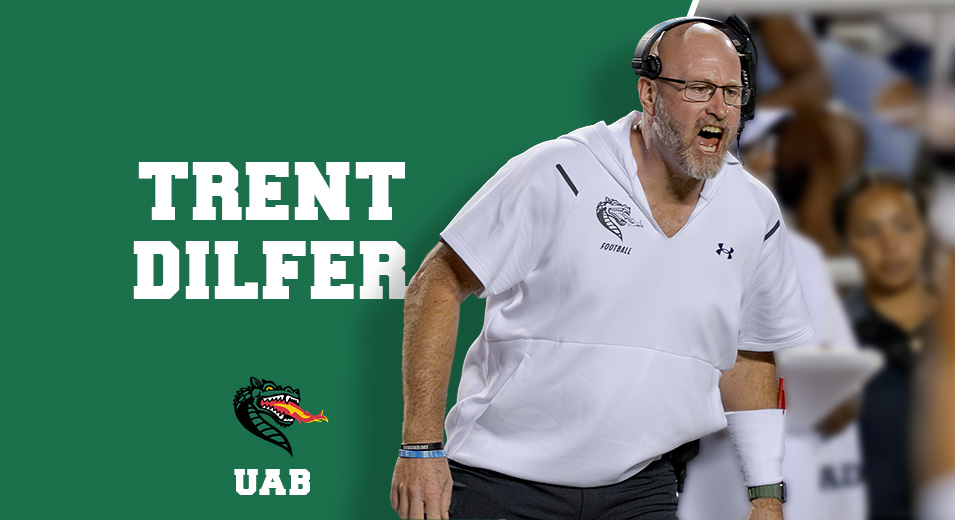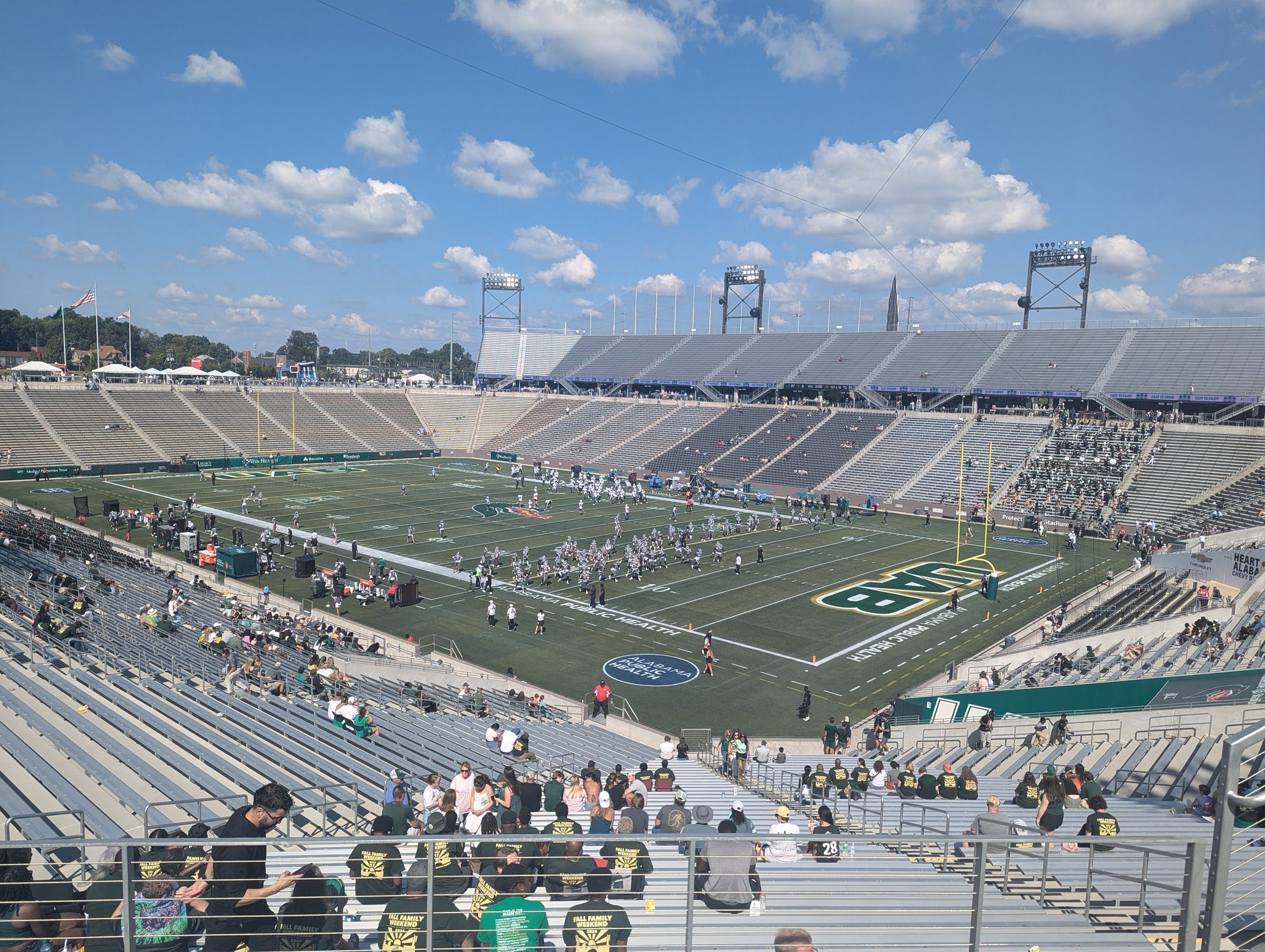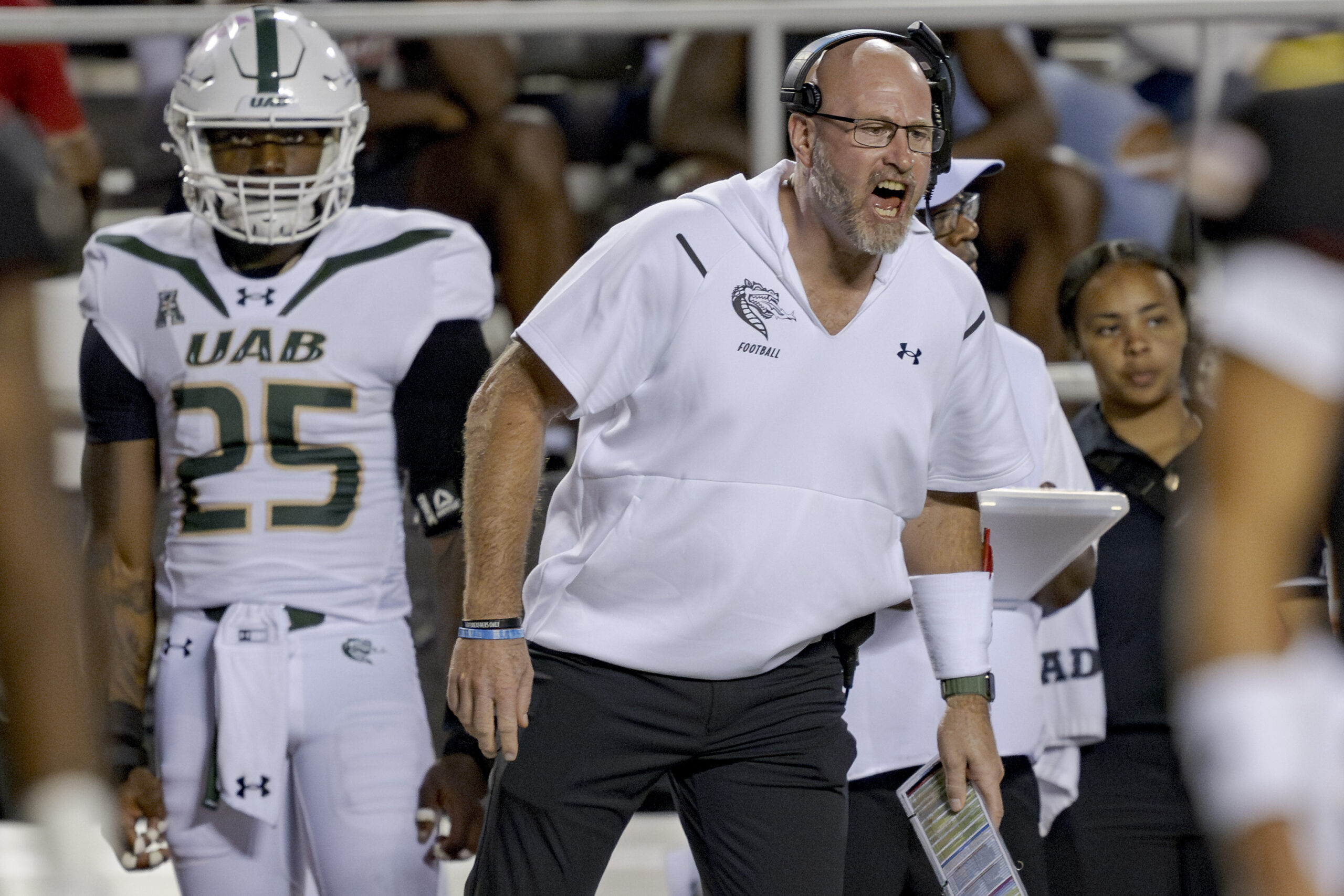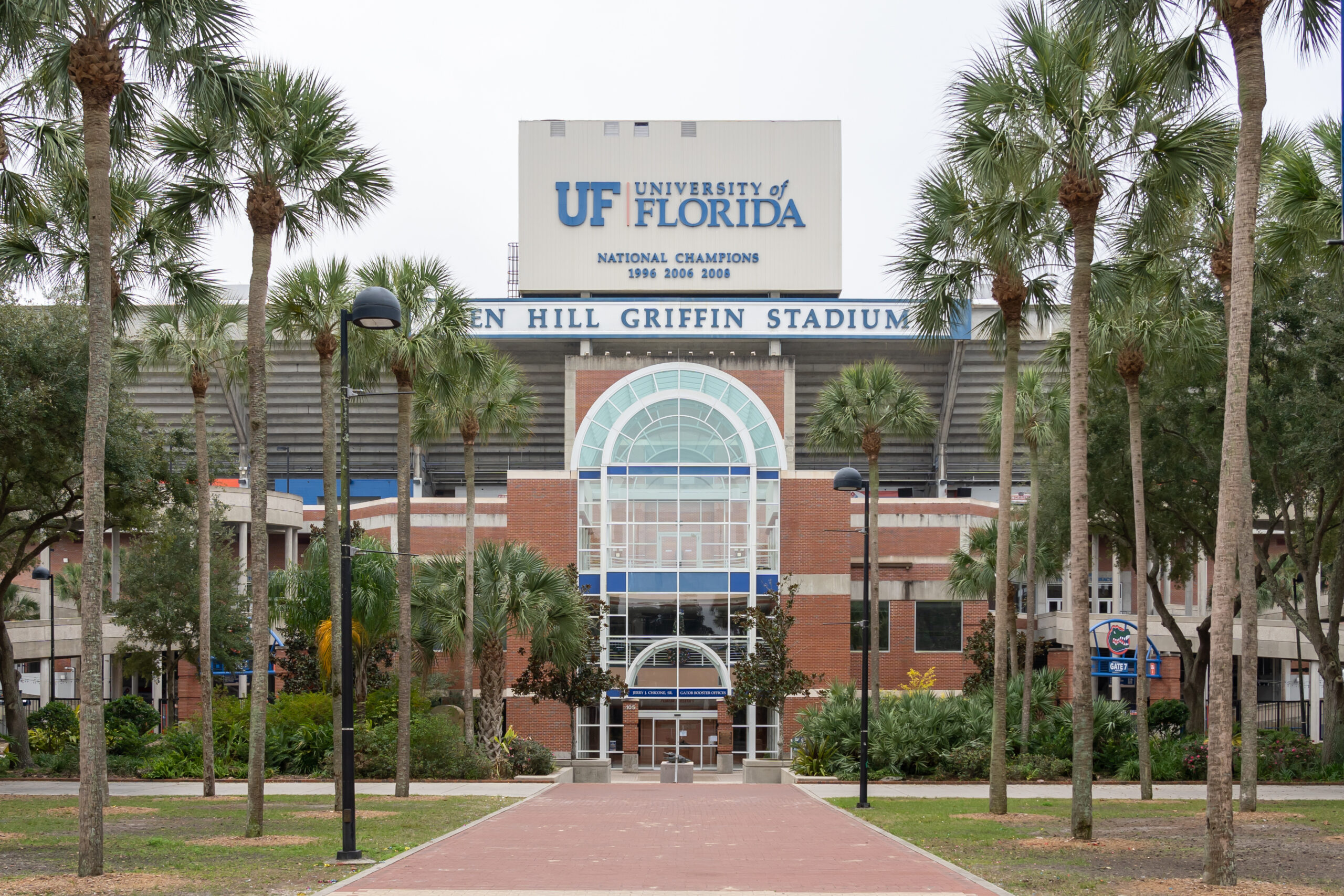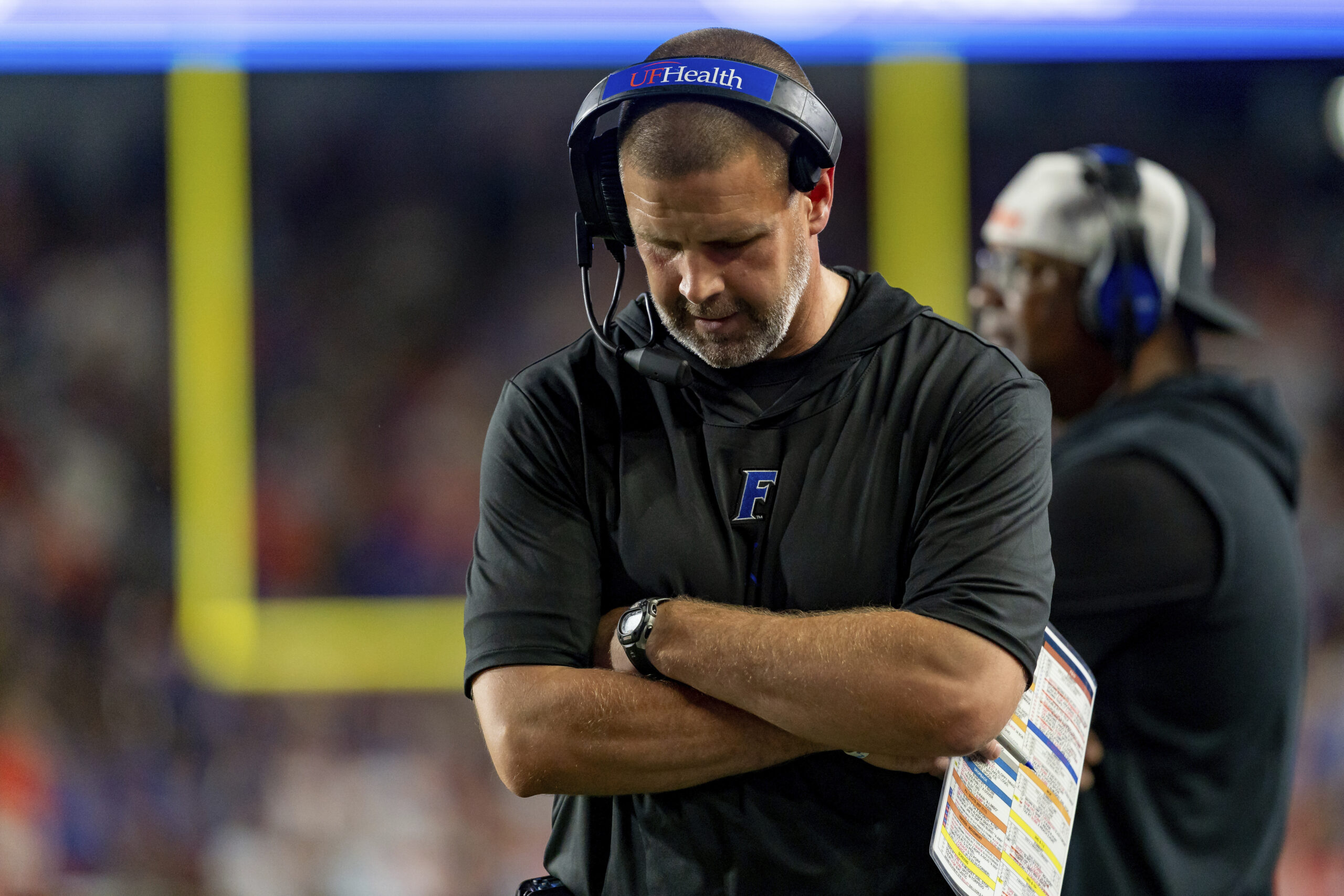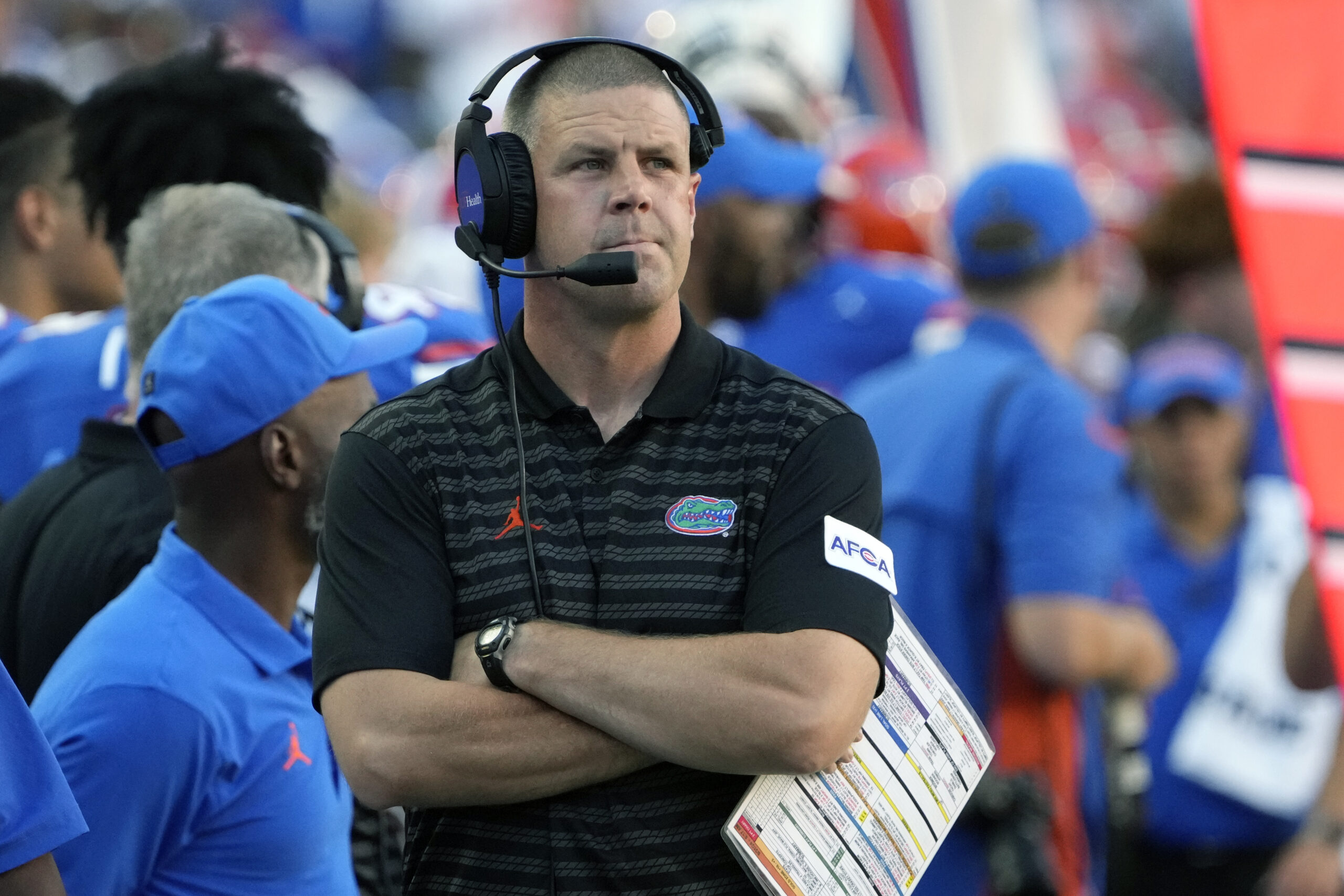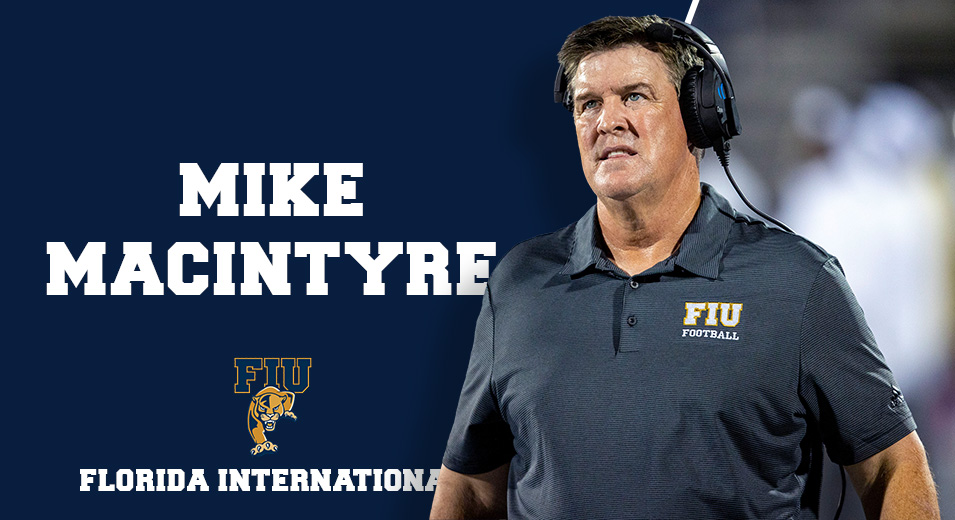
Blog Article
Coaches Hot Seat Rankings – Week 14
Coaches Hot Seat Rankings—Week 14. Our full rankings are delayed due to technical difficulties. Our team is working on a solution, and we will release them as soon as possible.
In the meantime, the Top 20 appears on our site.
The coaching carousel has started spinning earlier than expected this year, with two notable moves reshaping the landscape just days before rivalry weekend. On Tuesday morning, North Carolina shocked the college football world by parting ways with Hall of Fame coach Mack Brown, ending his second stint in Chapel Hill after six seasons. The decision came just 24 hours after Brown had publicly stated his intention to return in 2025, marking an awkward end for the 73-year-old who led the Tar Heels to six straight bowl appearances during his return tenure.
While Brown prepares for his final game against NC State this Saturday, Rice made its move by hiring Davidson head coach Scott Abell to lead their program. Abell, who built Davidson into an FCS powerhouse with his innovative triple-option offense, faces the challenge of translating his success to the FBS level.
These early moves could be harbingers of a relatively quiet coaching carousel, as many programs appear hesitant to make changes amid uncertainty surrounding player revenue sharing and a thin candidate pool. However, that hasn’t stopped the temperature from rising for several coaches fighting to save their jobs.
In this week’s Hot Seat Rankings, we examine the mounting pressure at FIU, where Mike MacIntyre’s tenure has devolved into chaos amid allegations of misconduct and thrown furniture. We’ll also analyze Neal Brown’s expensive mediocrity at West Virginia, Kenni Burns’ historically bad run at Kent State, and the declining returns at Appalachian State under Shawn Clark.
Week 14 – Coaches Hot Seat Top 4

In the economics of college football, Mike MacIntyre’s tenure at FIU represents a perfect market failure – where moral hazard meets reputational collapse in real-time. His 11-24 record tells only part of the story; the real ledger is written in broken trust and thrown furniture.
The math is brutal: one chair was thrown in a rivalry game halftime, twelve current players silently support allegations of misconduct, and eight are starters. It’s a balance sheet of fear, where scholarships become leverage and silence becomes currency.
MacIntyre’s recent attempt to rewrite FIU’s history (“this program hasn’t had a good history since the beginning”) reads less like a gaffe and more like a desperate man’s attempt to hedge against his failure. However, markets have a way of finding true value, and in college football, truth emerges in empty seats and player testimonies.
The most telling metric isn’t his 3-8 record in 2024 but the text message circulating through his locker room, begging players to defend him to the athletic director. It’s the kind of desperate liquidity call that precedes institutional collapse, where a coach’s credibility becomes the ultimate distressed asset.
In the end, MacIntyre’s FIU tenure might be remembered not for the games lost but for the moment when the cost of silence exceeded the price of speaking out.
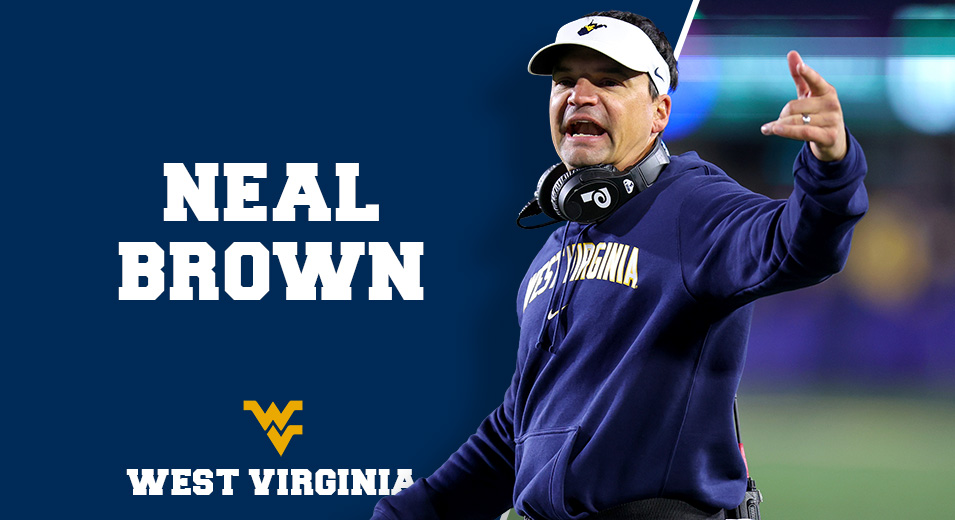
Neal Brown’s story at West Virginia reads like a cautionary tale of college football’s middle class. In an era when programs are expected to ascend or decline, Brown mastered the art of maintaining perfect mediocrity—a feat that paradoxically sealed his fate.
Every season followed a similar script: flashes of potential undermined by predictable setbacks. He’d win just enough to keep hope alive but never enough to compete. His 37-34 record tells the story of a program stuck in limbo, neither good enough to challenge the conference elite nor bad enough to force immediate change.
The numbers that matter aren’t the wins and losses but the empty seats at Milan Puskar Stadium. In college football’s attention economy, being average is worse than being terrible. At least terrible teams inspire passion. Brown’s teams inspired something far more dangerous: indifference.
The 2024 season, following a deceptively promising 9-4 campaign exposed the fundamental flaw in Brown’s tenure. When finally given a veteran team and heightened expectations, his program reverted to its mean. A pattern that speaks to a larger truth about college football: you can’t build a program on almost but not quite.
Brown’s buyout is $16.7 million if fired before Dec. 31, 2024. Reports suggest WVU donors may help fund this buyout, making his termination more financially feasible than previously thought. The high buyout was initially considered job security, but donor intervention changed that calculus.
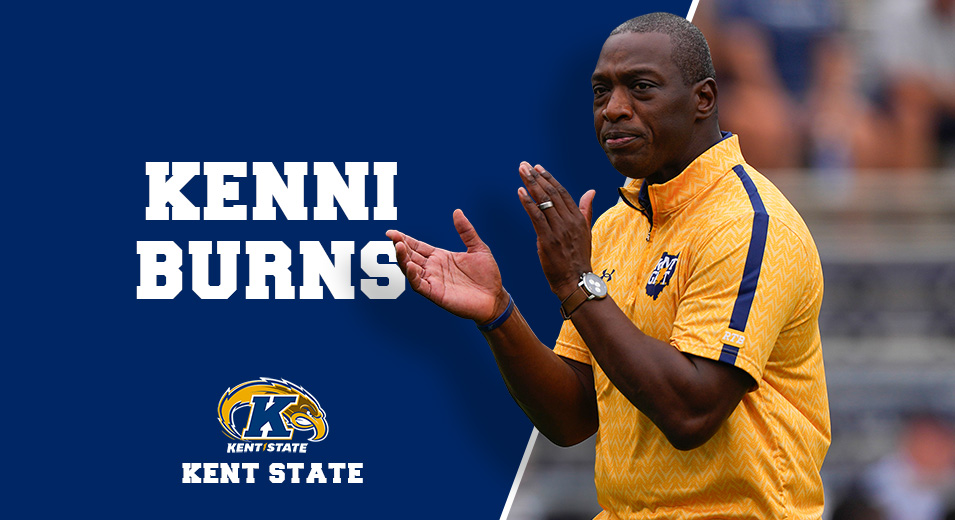
Kenni Burns’ tenure at Kent State has devolved from a cautionary tale into pure absurdity. His 2024 season reads like a dark comedy: losing to St. Francis (PA), a non-major program, before suffering historic beatdowns at Tennessee (71-0) and Penn State (56-0). His overall record now stands at 1-33, with zero wins in 2024.
The numbers tell a story of competitive collapse. Kent State hasn’t just lost – they’ve been outscored 486-160. In MAC play, where mid-majors are supposed to find their level, they’ve been outscored 282-99. The final indignity came in losing the Wagon Wheel rivalry to Akron, sacrificing even the $5,000 bonus that might have helped with those credit card payments.
But the contract extension through 2028 transforms this from tragedy into farce. Kent State isn’t just paying for failure – they’re financing it long-term, like a subprime mortgage on competitive irrelevance. Their head coach can’t balance his checkbook, and their football program can’t score a point against top-25 teams. Both, somehow, keep getting extended credit.
In the end, Burns isn’t just losing games—he’s redefining the boundaries of institutional patience in an industry famous for lacking it.
Burns’ buyout after 2024 is $1.51 million, per his contract extension signed in February 2024. This figure represents approximately three years of his base salary at Kent State.
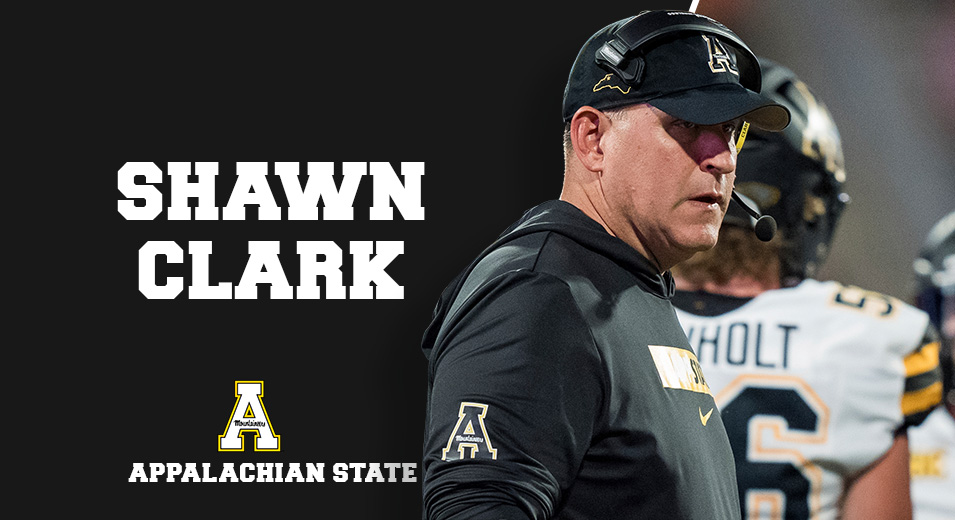
The 2024 season has only reinforced the narrative of App State’s decline under Clark. At 5-5 (potentially 5-6 with Georgia Southern remaining), the program continues its downward trajectory from its previous G5 powerhouse status.
Key 2024 Issues:
- Blowout losses (66-20 to Clemson, 48-14 to South Alabama)
- 2-5 in Sun Belt before recent recovery
- Defensive collapse (allowing 35.1 PPG)
However, recent wins over JMU and ODU show signs of life. The question is whether this late-season surge can save Clark’s job, especially given his careful contract structure with decreasing buyouts.
The math is stark: Clark’s overall record is now 44-28 (.611), but the trend line points downward. For a program that once dominated the Sun Belt, mediocrity feels like failure. App State faces a decision: whether maintaining a winning record justifies retaining a coach who’s transformed their championship expectations into bowl eligibility hopes.
Post your comments here
